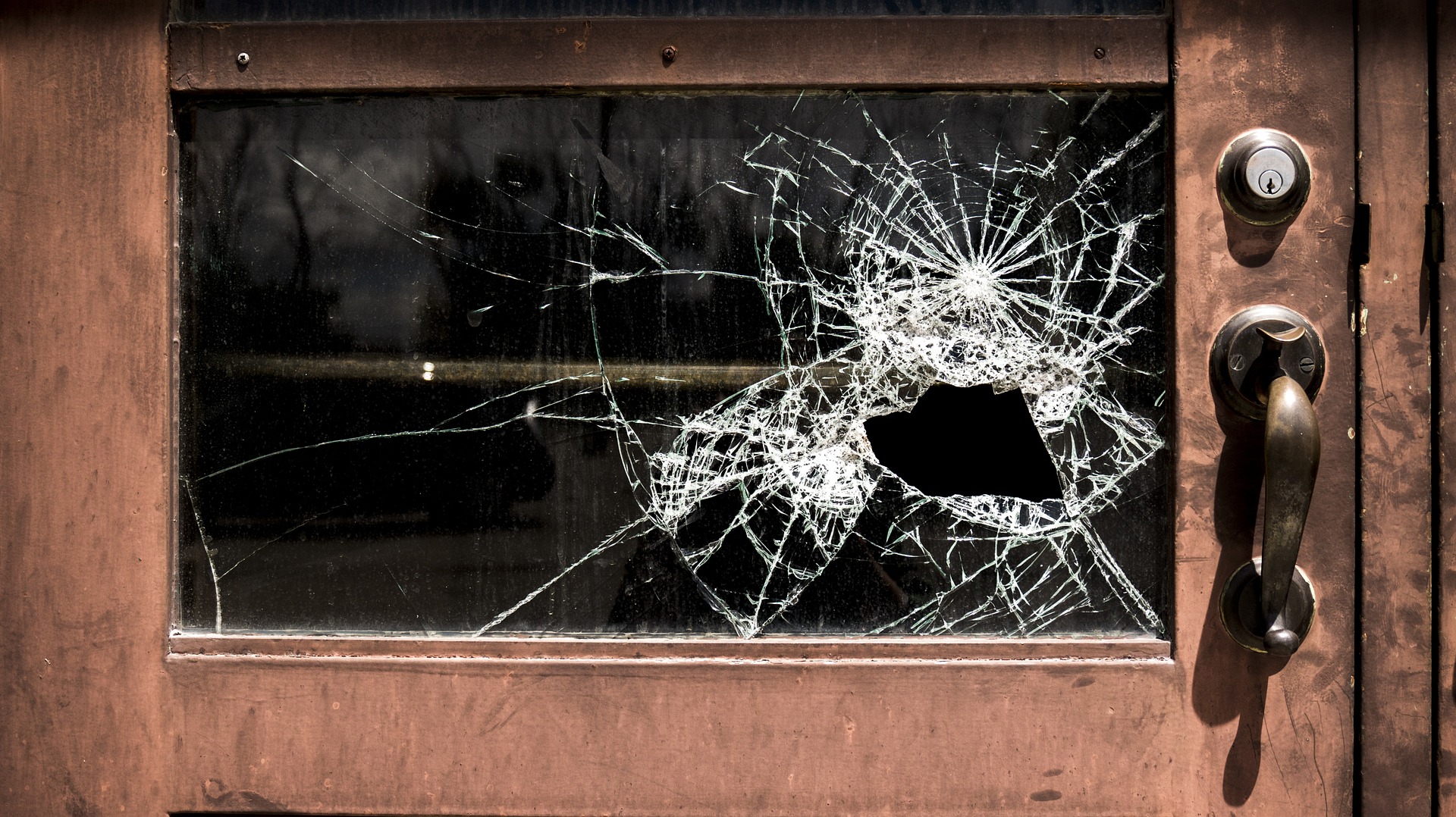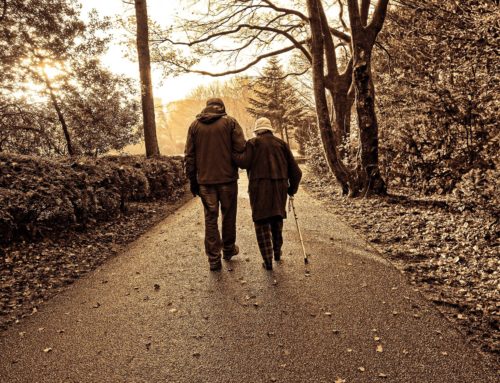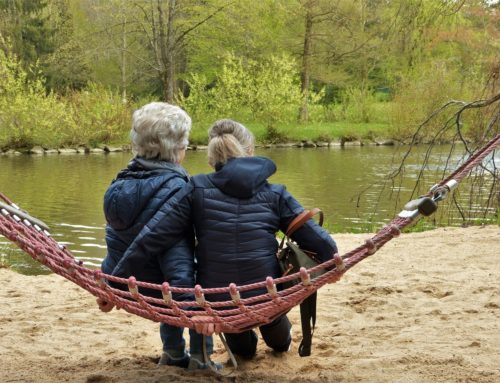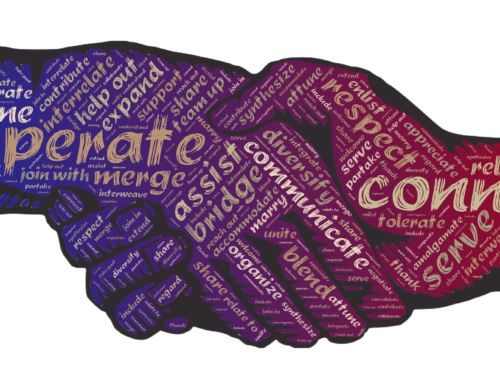Personal Safety must be a priority for everyone especially in our modern times of social media, smartphones and the internet. This article is a basic overview of 7 quick tips you can incorporate into your daily routine to ensure better safety in your life and the lives of your loved ones. Share this article with co-workers, teens, HR departments and and community organizations. Encourage conversations about personal safety. There are many ways, for someone, to access your personal information, habits, travel plans, and much more, so beware and be aware! Think before you “SEND” information out to the universe.
There are steps and routines you can incorporate into your life to create your personal safety routine. Changing up your driving routines, using automatic lighting, keeping your personal information private are but a few. There are so many Apps, weapons/gear and self-defense training that also can be incorporated. Personal Safety conversations should be taught very early in our lives and constantly updated for modern times. Below are a 7 Tips for Personal Safety in Modern times:
1. Do Not Provide Your Information/Location in Real Time – When babysitting don’t post a notice online telling the world you are a young girl alone babysitting with pictures (the Location on your phone embedded in the photo) showing off the views. When you’re vacationing don’t announce to the world your home is empty and by the way here are photo’s giving you my location if you are cyber stalking me. Why not be safe & post pictures after you return?
2. Think Before Posting, TMI – The more information you provide online no matter how insignificant provides data. Data for criminals to use at their discretion and can lead to major crimes from identity theft, stalking to robbery and assaults. Think before sending/posting. I mean really think about it! The choices you make right now can affect the rest of your life in a very profound way that you might not completely understand. Talk to your kids, nieces and nephews or show them this article. Encourage them to talk to trusted adults before posting and texting things. Start these conversations as soon as they have access to technology and scale the conversations as they age.
3. Don’t Answer the Door or Even Speak through the Door. I don’t answer my door if I’m not expecting someone. I don’t walk towards the door and there are many technology products that allow you to see someone at your door from anywhere.
4. Lock the Door Behind You Immediately and Every Time. Make this your habit and routine. How many true crime stories contain a situation where the lady was just walking out of her apartment to take out the trash or walking in with groceries and did not lock the door immediately thus allowing the criminal to enter the residence. Create these personal safety routines that become habit for you and aid in the prevention of crime.
5. If You Don’t Know the Caller, Let it Go to Voicemail. If you answer a call thinking you know the number and determine you don’t know the caller, disconnect. You don’t answer the questions of strangers or even stay on the line. Do not disclose any information with strange callers. This is another way criminals collect data to commit crimes.
6. Lighting is Important to Create the Illusion People Are in the Home. Especially when you are entering the home alone at night. Set timers for lights and candles to make it look like there are people in different rooms.
7. Do Not Let Strangers in your Home – EVER. If someone knocks on the door stating they are from the Gas Company or City Government or even a Police officer and they need access, refuse entry and act like your yelling to another person to call the agency to verify things. If it’s a real emergency the person will wait at a safe distance while you verify. A criminal will most likely go to another home with easy access. Do not let them in your home and be prepared to dial 911 for help.
Be Proactive, Be Aware and Be Safe:
Lastly, we are taught to be nice and polite which is perfectly fine for social settings, not relevant for personal safety. Personal safety discussions should be used to create awareness and practice preventions skills sets/scenarios. These discussions create proactive solutions to real life crime prevention. Personal safety awareness is important for all us and our communities.
SHARE IT, COMMENT,& CONTRIBUTE:
What do you think? I’d love to hear you. Let me know what has worked for you and if you like this article.
Lastly, thank you for taking time to read my post, I appreciate it!





Very good info..thanks
Thanks for reading!